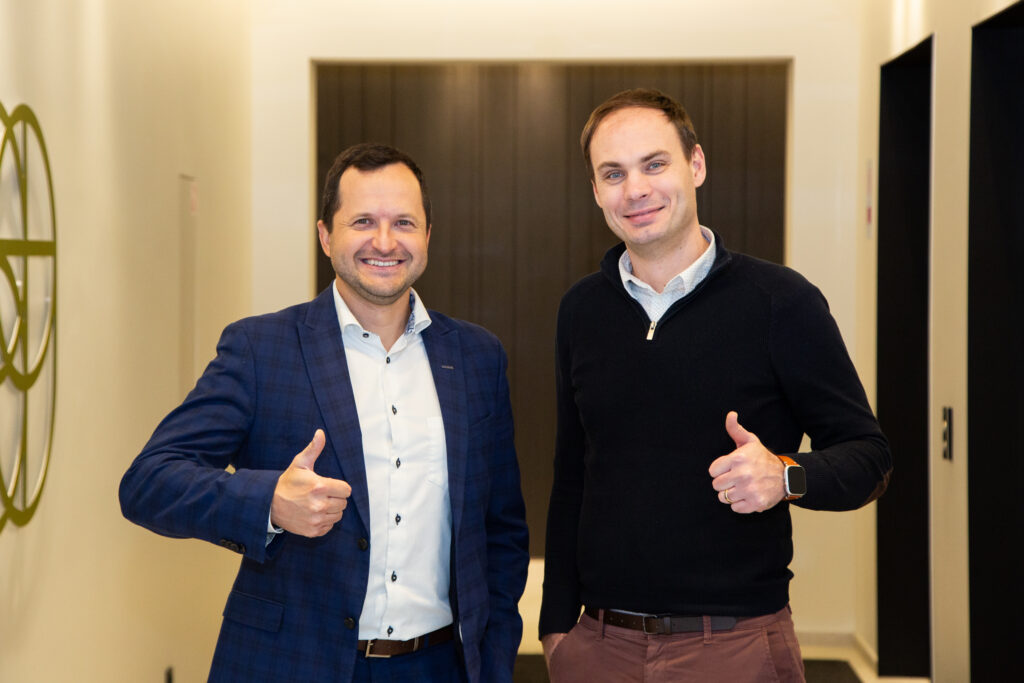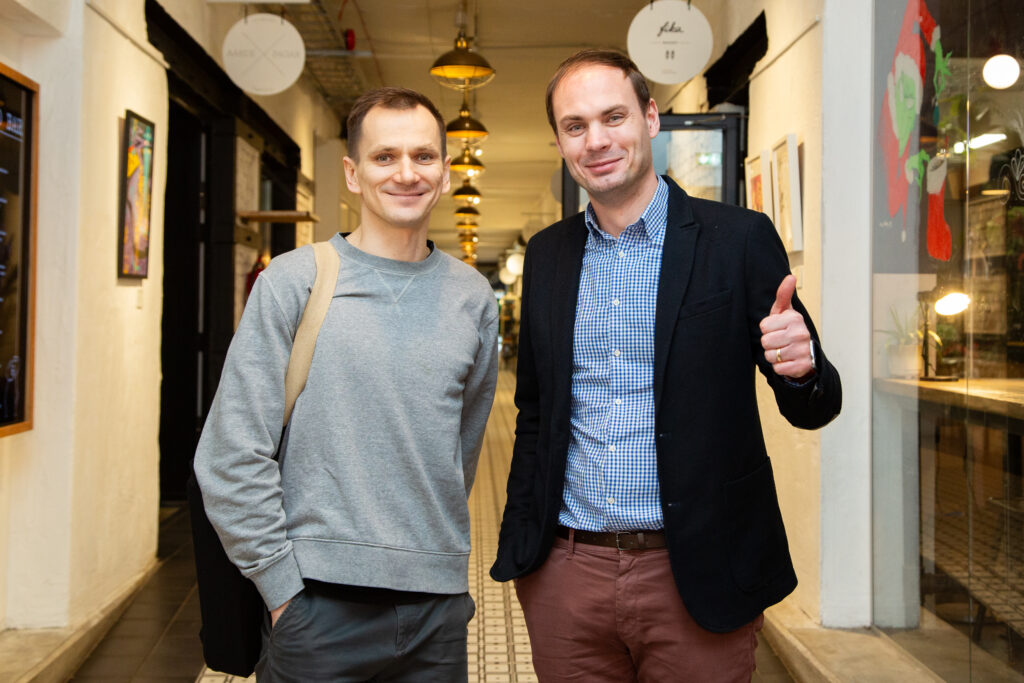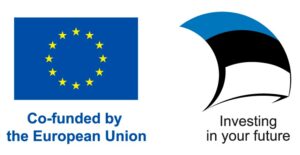2021 may very well be the defining one for the European PropTech sector. A new research report from JLL shows that for the first time in seven years, during the first half of the year, PropTechs in Europe received more funding than in the Asia-Pacific region.
Simultaneously, a new core of start-ups is emerging, including companies like Bidrento, the Estonian rental property management software backed by the founders of Pipedrive earlier this year. Bidrento was recently nominated to Nordic PropTechAwards and included as the only seed-stage firm in the top 20 authoritative PropTechMap by BUILTWORLD and PwC.
There is a more remarkable story beyond a single company. Taavo Annus, the CEO of Bidrento, clarifies: “This is not about us but a sector and, in a wider sense, a continent at the start of a positive change on the rental market.”
Taavo Annus adds: “We see ourselves as a leader of a new wave of European PropTechs. Defined by a focus on scaling fast and bridging differences across different markets with smaller, more efficient teams.”
Defining the new wave
“The new European rental property market is defined by cross-border initiatives, partnerships and acquisitions. We are designing Bidrento with that in mind,” says Annus.
And Bidrento is not the only one. Analysing their fellow cohort of the new wave of PropTechs, Bidrento highlights three common characteristics across new PropTechs in AI, apps, smart devices and hardware:
- The solution offers the simplicity and clarity of a consumer mobile app with features that enable reaching enterprise goals with corporate adoption times reduced by at least 300%-500%.
- Its automation increases efficiency because it opens up new markets both geographically and by sector. For example, tech makes it easier for a mainstream rental property player to enter the PBSA market successfully. Or allowing a French firm to expand into Poland.
- Businesses can apply the technology across organisational silos or partnership models that mix different languages, cultures and ways of working.
These characteristics enable the next wave of PropTech start-ups to reverse engineer the many challenges facing the real estate sector in Europe, from fragmentation, slow adoption of innovation to broader challenges with a shrinking workforce. Annus sums up: “If there is one thing companies like us want to be known for, it is as enablers of growth. As future growth-engines of Europe, if you will.”






